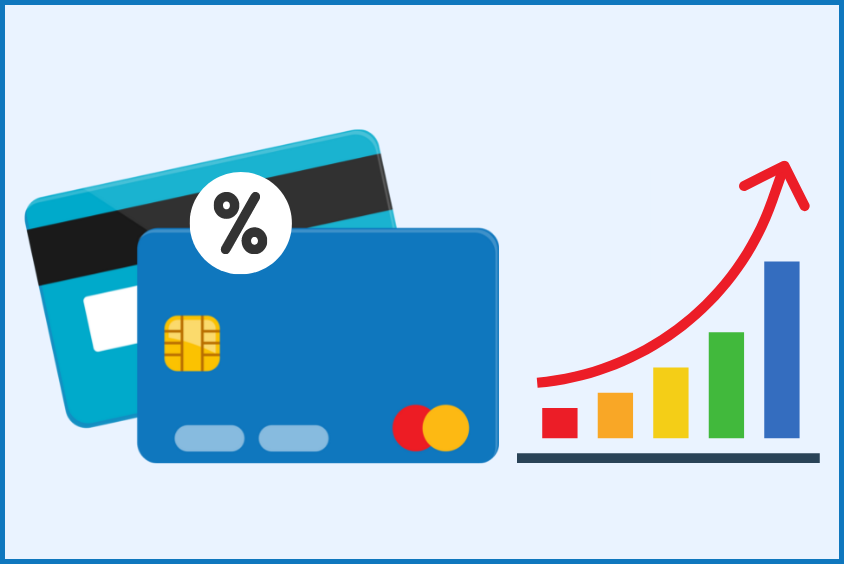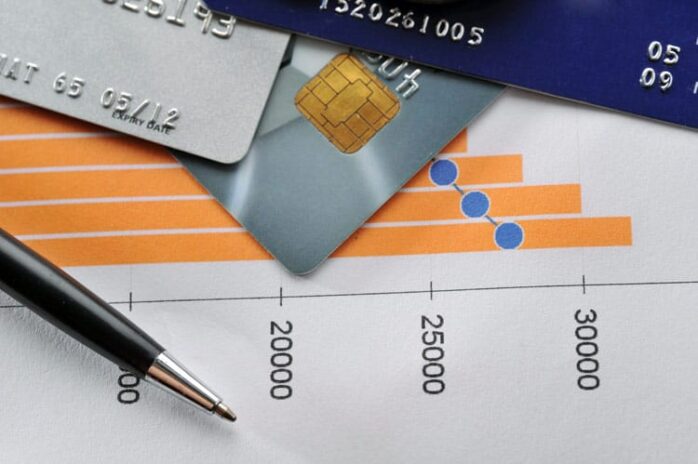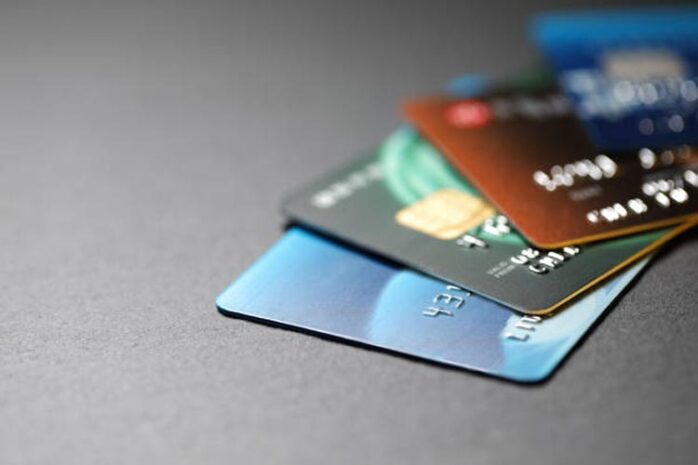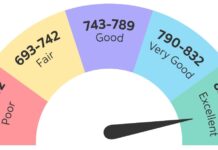
When it comes to credit card debt, one of the most important things to understand is the interest rate that you are being charged. Your credit card interest rate will have a big impact on how much you end up paying in total for your purchases, and it is important to be aware of how these rates work in order to make the best financial decisions for your situation.
In this article, we will go over what to know about credit card interest rates, including how they are calculated, how they can be affected by various factors, and what you can do to minimize the amount of interest you are paying.
Credit Card Interest Rate Basics

First, it is important to understand how credit card interest rates are calculated. These rates are usually based on the prime rate, which is a benchmark interest rate that is set by banks. The prime rate is influenced by a variety of factors, including the overall state of the economy, the Federal Reserve’s monetary policy, and the level of demand for loans. Your credit card issuer will typically add a margin to the prime rate in order to determine your interest rate. This margin is based on a variety of factors, including your credit score, your credit history, and the type of card you have.
The most common type of credit card interest rate is the annual percentage rate (APR), which is the interest rate that is applied to your balance on an annual basis. The APR is the rate that you will see advertised for a credit card, and it is typically expressed as a percentage. For example, if your APR is 20%, this means that you will be charged 20% interest on your balance each year.
What Affects Interest Rates
There are a few different factors that can affect your credit card interest rate. One of the most important factors is your credit score. If you have a high credit score, you are more likely to qualify for a lower interest rate. This is because lenders view borrowers with high credit scores as being less risky, and as a result, they are willing to offer lower interest rates in order to attract these borrowers. Other factors that can affect your interest rate include the type of card you have, whether it is a rewards card, a student card, or a secured card, and the issuer of the card.
Credit Card Relief Options

If you are looking for credit card relief, there are a few steps you can take to minimize the amount of interest you are paying. One option is to transfer your balance to a card with a lower interest rate. This can be especially helpful if you have a high balance on a card with a high interest rate. You can also consider negotiating with your credit card issuer to get a lower rate. Another option is to work with a company like Freedom Debt Relief, which offers debt settlement services to help you negotiate lower interest rates and pay off your debt faster. Freedom Debt Relief reviews from customers are generally positive, with many people praising the company’s professionalism and effectiveness in helping them get out of debt.
In conclusion, it is important that you are aware of what to know about credit card interest rates and how they can impact your overall debt. By understanding how these rates are calculated and the various factors that can affect them, you can take steps to minimize the amount of interest you are paying and get debt relief. This may include transferring your balance to a card with a lower rate, negotiating with your issuer for a lower rate, or working with a credit card relief company. By taking these steps, you can get a better handle on your debt and work towards financial freedom.





